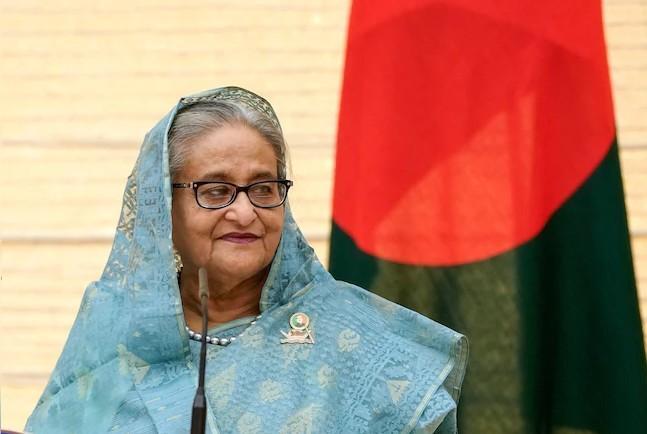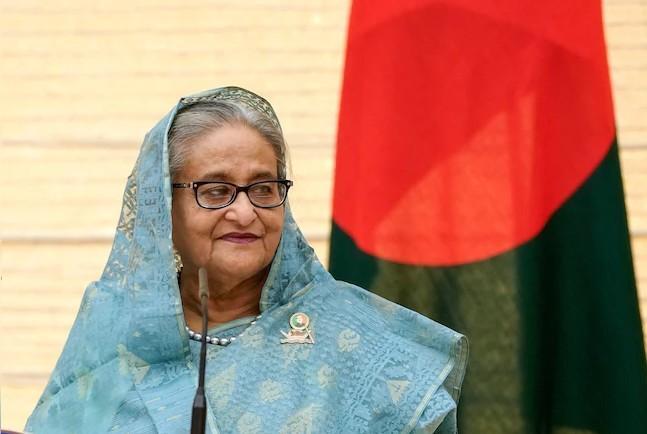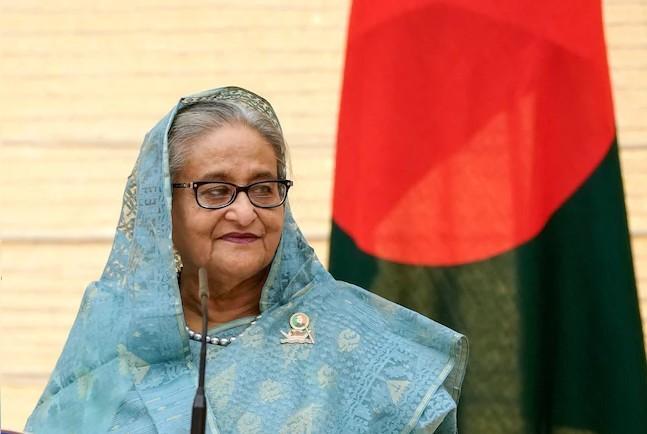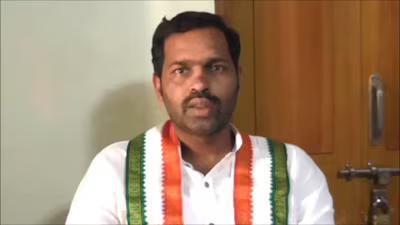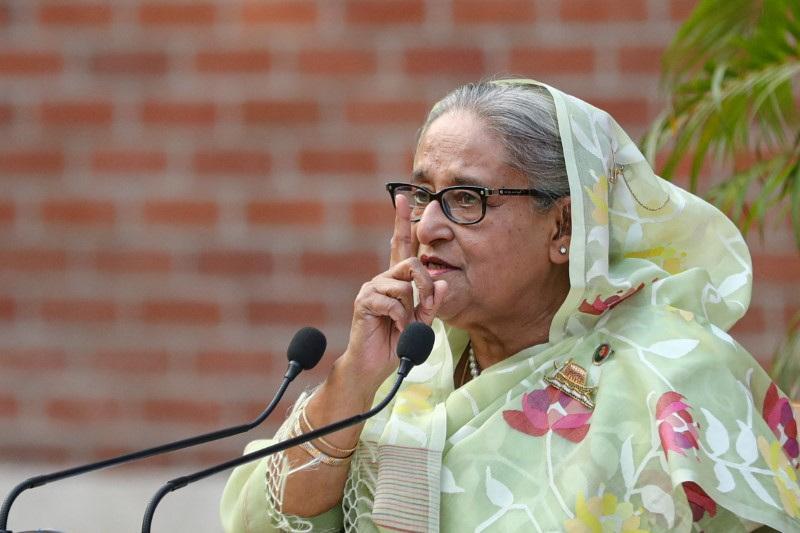
Ministers during Hasina rule bought 100s of UK properties: Report
The ousted government of Bangladesh, led by former Prime Minister Sheikh Hasina, has been embroiled in a massive corruption scandal involving the acquisition of hundreds of properties in the UK. According to an investigation by The Guardian and Transparency International, several former ministers of Hasina’s cabinet laundered hundreds of crores of taka through property acquisitions in Britain. The UK’s National Crime Agency has frozen nearly £260 million in assets belonging to the leaders, revealing the extent of the corruption.
The investigation, which was published in The Guardian, sheds light on the elaborate money-laundering schemes used by the corrupt officials to hide their ill-gotten gains. The report highlights the case of former Land Minister Saifuzzaman Chowdhury, who allegedly bought 300 homes in the UK using fake companies and shell corporations.
Chowdhury, who was a key figure in Hasina’s cabinet, was instrumental in implementing policies that favored the interests of landowners and real estate developers. His involvement in the corruption scandal is not surprising, given his position and influence. The report suggests that Chowdhury used his position to facilitate the acquisition of large tracts of land, which were then sold to shell companies at inflated prices.
The shell companies, which were often created by corrupt officials and their cronies, were used to launder money and hide the ownership of assets. The investigation found that these companies were used to buy properties in the UK, which were then rented out or sold at a profit. The money generated from these transactions was used to fund the corrupt officials’ lavish lifestyles and to finance their political campaigns.
The Guardian and Transparency International’s investigation is based on a detailed examination of property records, financial statements, and other documents. The report reveals that several high-ranking officials, including former ministers and their close associates, were involved in the corruption scandal. The officials used a variety of methods to launder their ill-gotten gains, including the creation of fake companies, shell corporations, and offshore accounts.
The investigation also found that the corrupt officials used their positions to influence the Bangladeshi government’s policies and decisions. They used their influence to grant themselves and their associates lucrative contracts and to manipulate the country’s laws and regulations to suit their interests.
The UK’s National Crime Agency has frozen nearly £260 million in assets belonging to the leaders, which is a significant amount considering the scale of the corruption. The agency has also launched an investigation into the matter, which is ongoing.
The corruption scandal has raised serious concerns about the integrity of Bangladesh’s political system and the accountability of its leaders. The country’s citizens are demanding action against the corrupt officials and their cronies, who have exploited their positions for personal gain.
The scandal has also raised questions about the role of the UK in facilitating the corruption. The UK has been criticized for its failure to prevent money laundering and to regulate the activities of Bangladeshi officials who have been involved in corrupt practices.
The Indian Express reported on the scandal, stating that the investigation had exposed “the extent of the corruption that has been perpetrated by the former government of Bangladesh and its leaders.” The report noted that the corruption scandal was a “major embarrassment” for the Hasina government and had “dented its reputation” both domestically and internationally.
In conclusion, the corruption scandal involving former ministers of Sheikh Hasina’s cabinet and their involvement in the acquisition of hundreds of properties in the UK is a major embarrassment for the country and its government. The scandal has raised serious concerns about the integrity of Bangladesh’s political system and the accountability of its leaders. The UK’s National Crime Agency has frozen nearly £260 million in assets belonging to the leaders, which is a significant amount considering the scale of the corruption. The investigation has exposed the extent of the corruption that has been perpetrated by the former government of Bangladesh and its leaders, and it is imperative that action is taken against the corrupt officials and their cronies.
Source:
